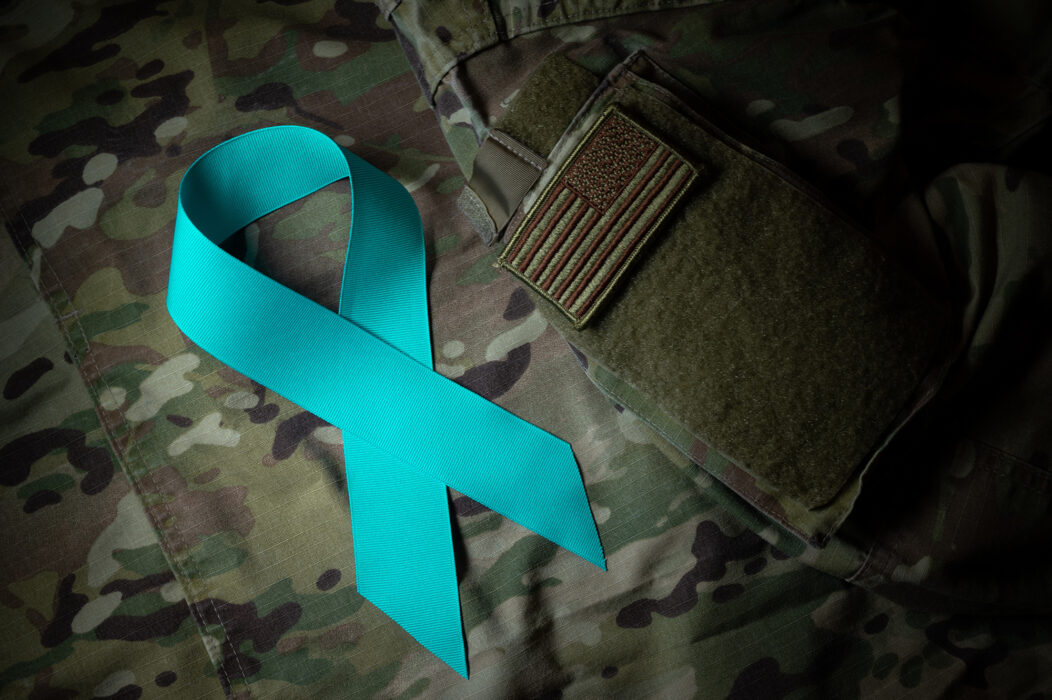Challenges Faced by MST Survivors
Military Sexual Trauma (MST) is a significant issue that affects countless service members. Survivors often experience complex emotional and psychological challenges as they transition back to civilian life. Common problems include PTSD, anxiety, depression, and difficulties in forming and maintaining relationships. PTSD affects a substantial portion of MST survivors, creating hurdles in their daily lives. To address these challenges, it is often beneficial for survivors to consult with a military sexual assault attorney for legal guidance and support.
Another significant challenge is the stigma associated with MST. Many survivors grapple with feelings of shame and guilt, which can discourage them from seeking help. This isolation can exacerbate symptoms and hinder the healing process. Additionally, MST survivors may experience triggers that remind them of their trauma, leading to heightened anxiety and panic attacks. Creating awareness and fostering a supportive environment is crucial to helping these individuals rebuild their lives. Recognizing and validating their experiences can make a huge difference in their willingness to seek and accept help.
Resources and Support Systems
Fortunately, various resources are available to assist MST survivors. Organizations like the VA provide essential mental health services tailored to veterans’ needs. Community groups and non-profits also play a crucial role in offering support networks and counseling services. The Department of Veterans Affairs offers robust information on MST resources, highlighting the structured support available to survivors.
Counseling services, both private and public, offer a safe space for MST survivors to express their feelings and work through their trauma. Peer support groups are also invaluable, providing a sense of community and shared understanding that can be immensely healing. Additionally, hotlines and online forums can provide immediate support and connection for those in crisis. Survivors need to know they are not alone and that help is available anytime. Access to mental health professionals who specialize in MST can also be a critical component of the support system, as they have a deeper understanding of the specific challenges faced by survivors.
Importance of Community Awareness
Community awareness can significantly impact the recovery journey of MST survivors. Public education campaigns can dispel myths and stigmas associated with MST, encouraging a supportive environment. Schools, workplaces, and social groups that understand MST’s realities can better support survivors, facilitating a smoother transition and integration.
By fostering a culture of understanding and acceptance, communities can play a pivotal role in healing. This involves providing education about the effects of MST, creating safe spaces for survivors to share their experiences, and promoting mental health resources. Only through collective effort can we ensure that survivors feel supported and valued. Community members can also serve as allies, advocating for better policies and practices in various institutions to ensure that MST survivors receive the respect and care they deserve. Active involvement in support initiatives can significantly enhance the sense of community and shared mission in aiding survivors.
Coping Mechanisms and Healing Strategies
Effective coping mechanisms and healing strategies are essential for MST survivors. Techniques such as mindfulness, therapy, and peer support can be beneficial. Engaging in regular physical activity, adhering to a structured routine, and exploring creative outlets like writing or art can also help. Finding the right balance is critical and often requires personalized approaches and trial and error. Survivors should quickly explore various therapies and activities to determine what resonates best with their healing journey.
Therapeutic practices such as cognitive-behavioral therapy (CBT) and eye movement desensitization and reprocessing (EMDR) have shown promise in helping survivors process their trauma. Building a solid support network of friends, family, and fellow survivors can also provide a safety net and encouragement during difficult times. Online resources and apps that facilitate mindfulness and stress reduction can also be beneficial, providing tools that survivors can use at their own pace and convenience.
Integrating self-care practices into daily life is also crucial. This might include physical exercise, mindfulness meditation, and engaging in joy and relaxation activities. Survivors need to be patient with themselves and recognize that healing is a gradual process. Setting small, achievable goals can help maintain momentum and provide a sense of accomplishment. Involvement in community activities and volunteering can further enhance feelings of purpose and connection, offering meaningful ways to contribute and engage with others.





